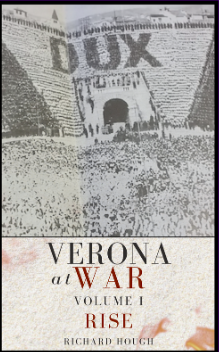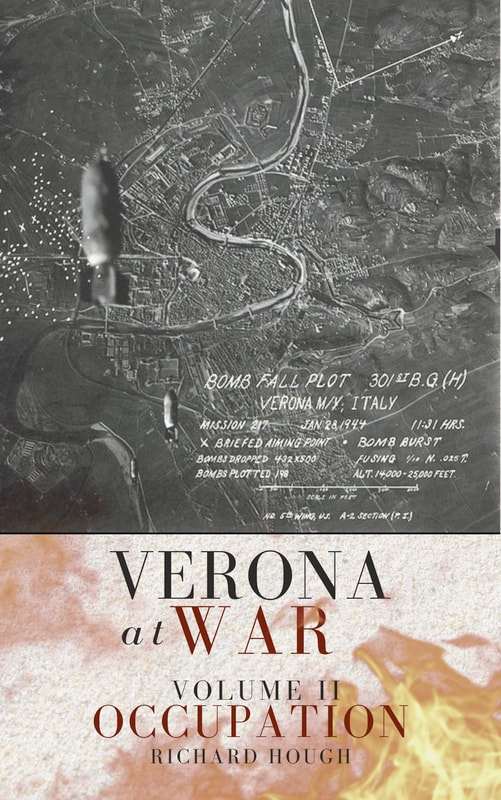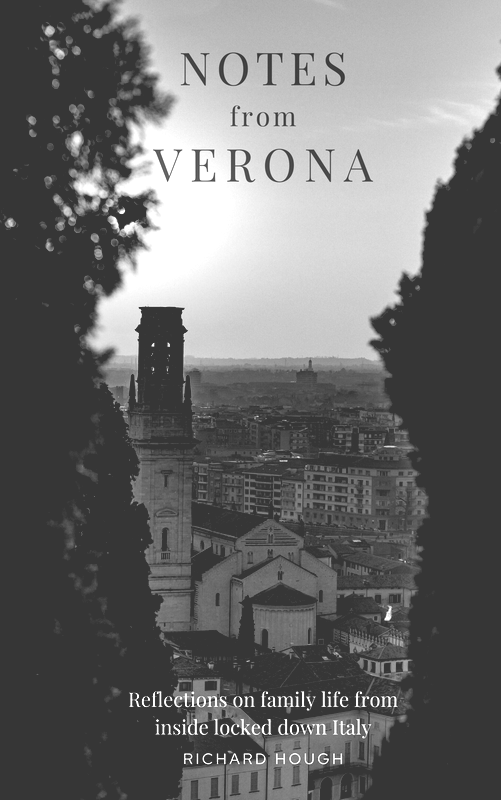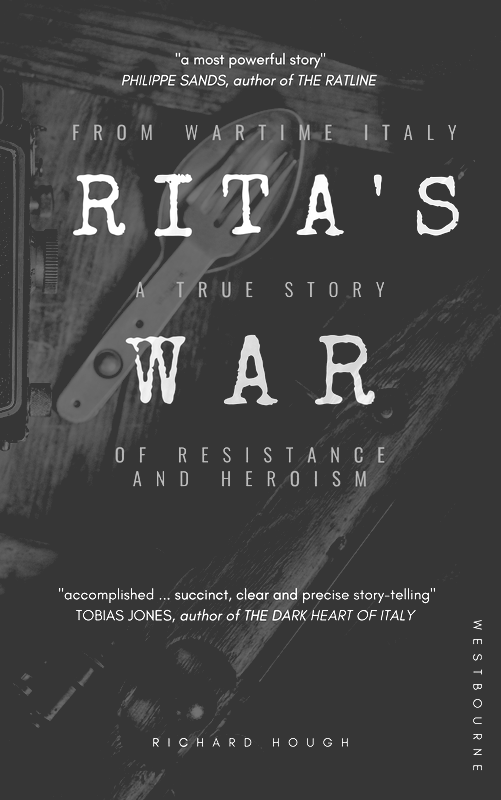|
As a diligent six-year-old, my son Leo is rightly proud of his rapidly expanding collection of quaderni.
For those of you more familiar with the Anglo-Saxon education, quaderni = jotters. Only in his first year at primary school, he has already amassed quite a collection. Not only that, but the range of subjects that he is tackling seems well beyond his modest years. Maths, Science, Italian, English, Geography, History and Religion. He’s already on his fourth maths jotter, his third for Italian and his second for English. I don’t remember ever being quite so productive. And I have a two degrees! Leo is always keen to benchmark his own performance against that of his father so, when I happened to mention that I might still have a few relics from my own school days, his curiosity was piqued. Finally succumbing to his relentless pleadings, I had a good rummage around my attic office and eventually found what I was looking for. My 300 page, 5 subject, spiral bound, tabbed notebook. In the summer of 1994, when I was doing my Highers, this was my bible. Even today when I handle it, I do so with some reverence and solemnity! Worried that he might be disappointed, I took a few moments to peruse its contents. What I found was both surprising and reassuring. I should explain that up until this point I’ve harboured a rather negative recollection of my educational experience and my own attitude towards study. This has perhaps fed my rather cynical acceptance of the theory that education is sometimes wasted on the young. It turns out that I was being unfair not only to myself, but also to the educational establishments that I was fortunate enough to attend. Despite rather rashly opting out of maths and science at the first possible opportunity, the depth and range of my study is astonishing. From oceanic circulation and the biosphere, to ‘the colonisation of walls’ (a particularly vivid geography lesson that I think about whenever I happen to pass vegetation stubbornly clinging on to a decaying edifice). From migration and urbanisation, to Shakespearean tragedy and Larkin’s poetry of despair. Lexical choice, personification and alliteration, sources of happiness, advantages of the freemarket system (#1 the consumer is king), advantages of the planned economic system (#3 goods are distributed according to need), Ferrel’s circulation model, river basin run-off, glacial formation, reasons for allied success in the first world war (#iv the Battle of Jutland), why Mussolini was able to come to power, why the League of Nations failed, the effects of war, the Beveridge Report, the Labour Victory: 1945 and Indian independence… Just a few of the topics that I pored over in preparation for sitting my Highers. Reviewing this jotter acted as a rather remarkable memory stimulant. Not only could I remember making some of these notes, I can remember some particular lessons at which these things were taught, a testament to the power, skill and influence of The Teacher. Moreover, I can even remember the music I listened to on Radio 1 as I studied in that long forgotten summer of 1994 (think Toni Braxton, Ace of Base, Warren G and Nate Dogg). In another enlightening trip down memory lane, I also unearthed my university papers. In contrast to the rugby playing, binge drinking, workshy student that I sometimes remember (perhaps owing more to the cult of Grant Wankshaft than to reality), I found evidence of a competent, diligent, and well-organised student. In truth, the reality was probably somewhere between the pretentious, lazy, smug and conceited Wankshaft and the model student that my well-preserved files suggest. As a student of History, my studies were not only wide ranging – from the French and Russian revolutions to the Cold War (and everything in between), but in depth, with a particular focus in my final year on the responses of the British media (including the BBC, the Times, the Daily Mail and the Jewish Chronicle) to the rise of fascism. Moreover, although degrees in the social sciences are often derided, the skills I gained at university (the ability to evaluate sources, to weigh up conflicting arguments and to present, orally and in writing, a reasoned and balanced case) have been invaluable to me throughout my life, not least in my current pre-occupation with researching and writing about Verona’s past. So, whenever some blowhard starts banging on about declining teaching standards or the ignorance of youth, or the uselessness of an arts degree, I remember the things I learned at school and at university, the important lessons that I remember still, and I hope that in his education, my son will be as fortunate as me. If his jotters are anything to go by, he's off to a good start! |
AboutRichard Hough writes about history, football, wine, whisky, culture + travel and is currently working on a trilogy about wartime Verona.
|



